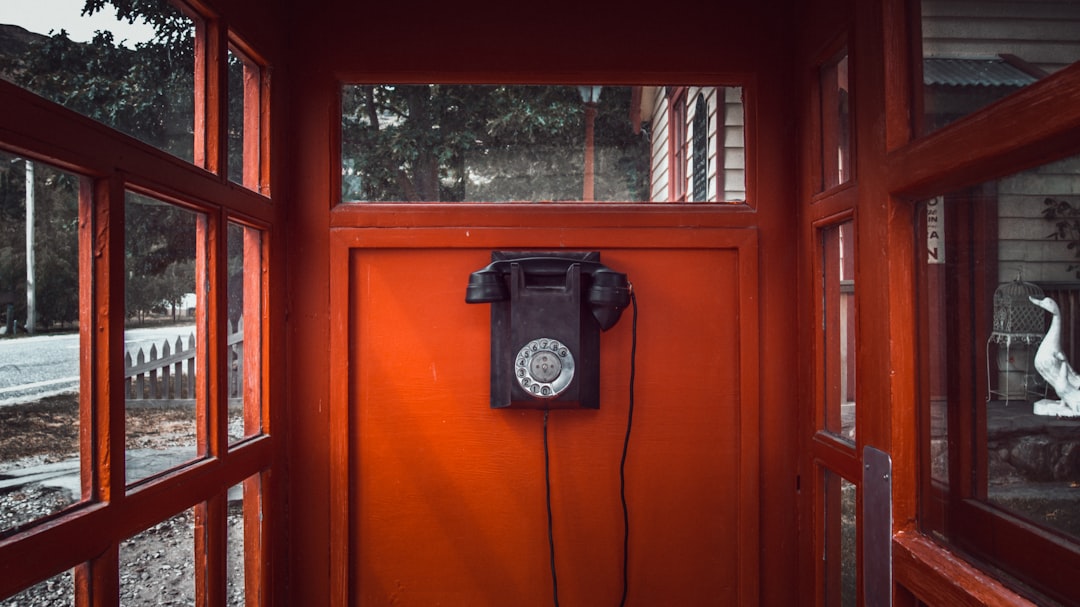In South Carolina, businesses must adhere to strict Telephone Consumer Protection Act (TCPA) regulations regarding automated telemarketing to avoid penalties and reputational damage. Robocall lawyers and law firms in South Carolina specialize in navigating these rules, protecting business reputations, and ensuring compliance with evolving robocall laws. Victims of robocalls should document calls and consult legal professionals for options like FTC complaints or litigation under the TCPA. Specialized robocall attorneys stay updated on legislative changes to offer guidance on best practices and dispute resolution.
“Navigating the complex landscape of robocall regulations can be a challenge for businesses in Charleston, South Carolina. This comprehensive guide aims to empower local companies with knowledge and tools to stay compliant. We’ll explore ‘Understanding Robocall Laws in South Carolina,’ offering a detailed overview to dispel any confusion. Additionally, we’ll delve into ‘Identifying and Preventing Illegal Robocalls’ with best practices, and educate readers on their legal rights and options if they become victims. For those seeking expert assistance, our section on ‘Choosing the Right Legal Representation’ will guide you in finding a reputable Robocall Lawyer South Carolina or robocall attorney South Carolina to ensure your business’s protection.”
Understanding Robocall Laws in South Carolina: A Comprehensive Overview
In South Carolina, like many states, there are strict regulations in place to protect consumers from unwanted and deceptive robocalls. These laws, collectively known as the Telephone Consumer Protection Act (TCPA), have far-reaching implications for businesses engaging in automated telemarketing activities. Understanding these regulations is crucial for companies in Charleston to ensure they remain compliant and avoid significant penalties.
Businesses must be aware of their obligations when making automated calls, including obtaining explicit consent from recipients before dialing, providing a way to opt out of future calls during the interaction, and maintaining comprehensive records of call activities. Engaging a qualified robocall lawyer South Carolina or consulting with a reputable robocall law firm South Carolina can help businesses navigate this complex legal landscape. These professionals can offer guidance on best practices to minimize risks associated with robocalls, ensuring Charleston-based companies maintain compliance and protect their reputations in the process.
Identifying and Preventing Illegal Robocalls: Best Practices for Businesses
Identifying and Preventing Illegal Robocalls: Best Practices for Businesses in Charleston
In today’s digital era, businesses in Charleston must stay vigilant against illegal robocalls, which can result in significant fines and damage to reputation. A robocall lawyer South Carolina or robocall attorney South Carolina is crucial for navigating these legal complexities. The first line of defense involves implementing robust call screening and filtering systems. Businesses should employ technologies that detect and block known spam numbers, as well as those that can identify unusual calling patterns indicative of robocalls. Regularly updating this system with the latest fraud detection algorithms ensures continuous protection.
Additionally, training staff on recognizing and reporting suspicious calls is essential. Encouraging employees to be vigilant and educate themselves about common robocall scams can significantly reduce the risk. Keeping customer contact information secure and obtaining explicit consent before making automated calls—as required by relevant robocall law firms South Carolina—is another best practice. By adhering to these measures, Charleston businesses can actively prevent illegal robocalls and ensure they remain compliant with the ever-evolving regulations surrounding this issue.
Your Legal Rights and Options: What to Do if You're a Victim of Robocalls
If you’ve been a victim of robocalls in Charleston, South Carolina, understanding your legal rights and options is crucial. According to the Telephone Consumer Protection Act (TCPA), businesses are prohibited from making automated calls or sending text messages to consumers without their prior consent. If you have received unsolicited calls, you can take several steps. First, document the calls by noting the caller’s phone number, the date, time, and a brief description of the message. Next, contact the call recipient directly and inform them that you did not authorize these calls. Many robocall victims choose to consult with a robocall lawyer South Carolina or seek representation from a reputable robocall law firm South Carolina to explore legal options, which may include filing a complaint with the Federal Trade Commission (FTC) or seeking damages through litigation.
A robocall attorney South Carolina can help navigate the complexities of the TCPA and determine if your rights have been violated. They can also assist in sending cease-and-desist letters to the offending businesses, which may deter further unwanted calls. Remember, taking action is essential to put an end to robocalls and protect your privacy. Consider reaching out to a legal professional who specializes in robocall laws to gain the support you need.
Choosing the Right Legal Representation: Finding a Robocall Lawyer in Charleston, SC
When navigating the complex landscape of robocall laws in South Carolina, choosing the right legal representation is paramount to your business’s success and compliance. Look for a Robocall Lawyer South Carolina with a proven track record and deep understanding of the state’s telecommunications regulations. An expert robocall attorney South Carolina can help you interpret and adhere to these laws, protecting your business from costly penalties and reputational damage.
Consider firms specializing in telemarketing law, like those in robocall law firms South Carolina, who have experience handling cases related to automated calls. These professionals will guide you on best practices, ensure compliance with Do Not Call lists, and represent your interests if disputes arise. Engage a lawyer committed to staying abreast of legislative changes, ensuring your business remains ahead of the curve in robocall regulation adherence.






